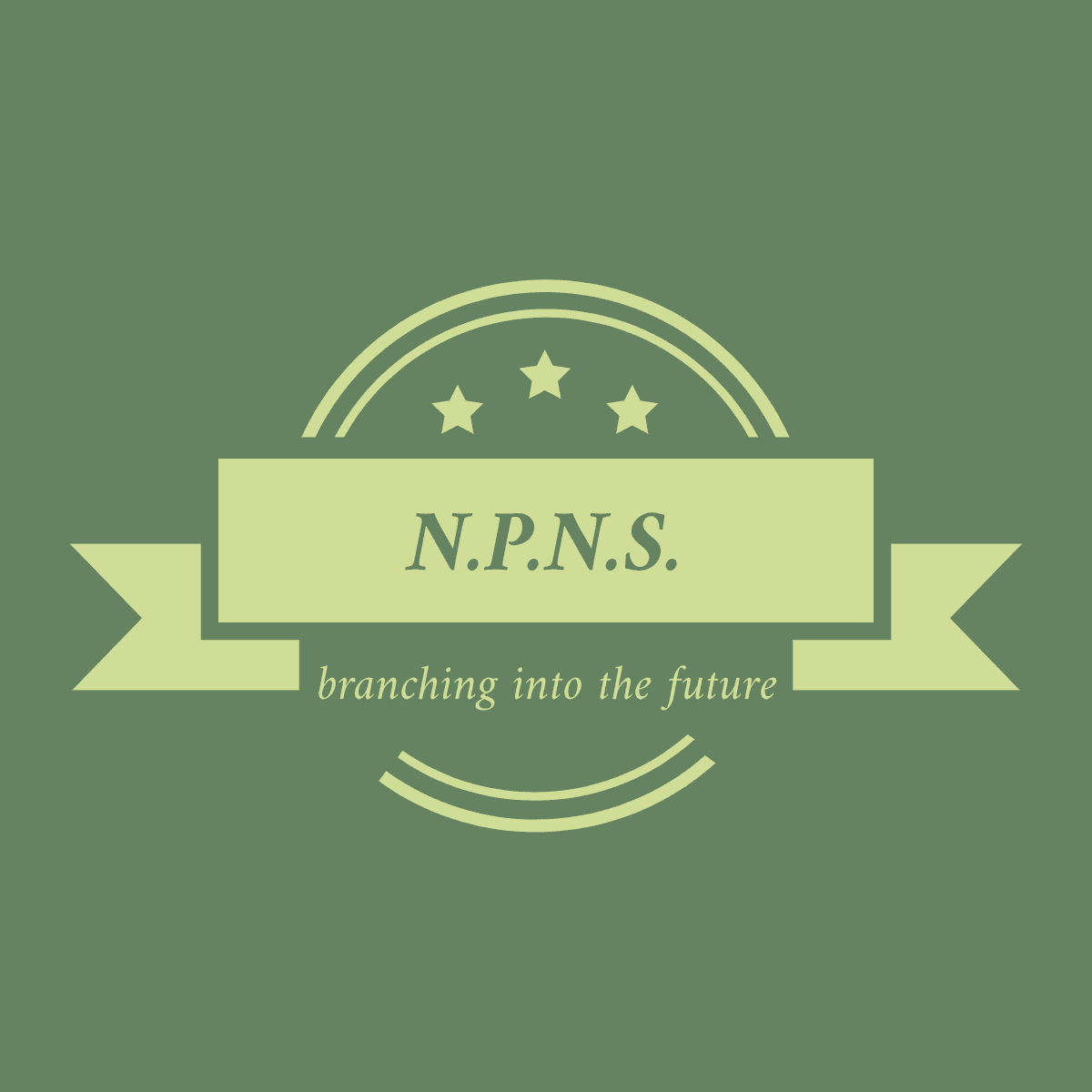A Parent’s Guide to the Fundamentals of Math (Ministry of Education): Making sure that students have a strong understanding of the fundamentals of math is one of the best ways to prepare them for success, now and in the future. What students learn today will help best position them to solve everyday problems and to increase their employability in tomorrow’s economy.
Why math skills are important
We all use mathematical concepts in everyday activities, without even thinking about it. Every day, we are making correct change when shopping, estimating how many cans of paint are needed to paint a room, measuring ingredients when cooking, or calculating the tip on a restaurant bill. Fundamental math skills are also foundational to other aspects of the math curriculum, such as determining area, volume or rates. These are the skills we use when determining how much tile is needed for a new floor, or determining the more economical way to purchase music online — for instance, is it a better deal to buy 25 songs for $7.99, or 50 songs for $10.45?
How can you help?
Math is everywhere, and you can help your children make connections between what they are learning in school and everyday experiences at home and in the community, such as at the store, cooking at home, or managing money.
Here are some ideas about how math can be part of your regular day-to-day routine:
- Math games – Math puzzles and games can show that math is fun. They also require trial-and-error thinking, enhance numeracy and logical thinking, and promote discussion.
- Math on TV – Watch educational television programs. Many offer websites with activities to do together, including free games, apps, math crafts, and songs.
- Math at the grocery store – You can talk to your child about how to weigh fruit on a scale or how to estimate the total cost of items as you fill your cart.
- Math with money – Help your child manage money by creating a budget together or saving to make a special purchase. Or you could go shopping together and help with estimating the amount of a purchase, calculating the tax and checking the change.
- Math in computer games – If your child enjoys the computer, introduce them to fun and educational web-based games and activities.
- Math in the kitchen – Bake, cook and prepare food with your child. There are many great math opportunities in the kitchen, such as measuring ingredients.
By making math a priority and finding ways to help your child with math at home and in day-to-day life, you are helping to inspire a love of learning, and a better understanding of math.
